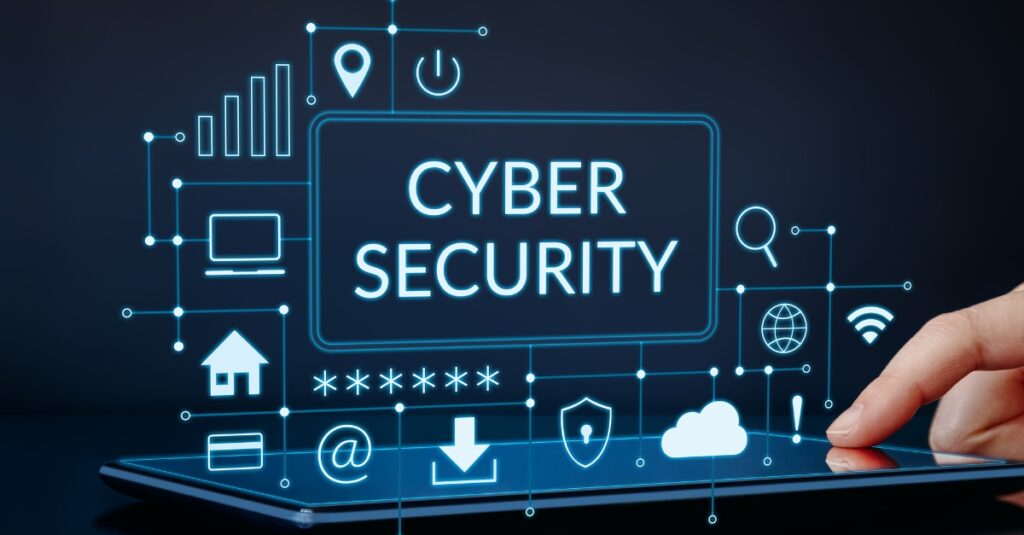In today’s digital landscape, ensuring your online safety is more important than ever. With the rise of cyber threats, it is essential to adopt effective practices to safeguard your personal information. Here’s a digital security checklist that highlights ten must-have practices for safe browsing.
Use Strong, Unique Passwords: Your password is the first line of defense against unauthorized access. Create strong passwords that combine letters, numbers, and special characters. Avoid using the same password across multiple accounts. Password managers can help generate and store complex passwords securely.
Enable Two-Factor Authentication 2FA: Adding an extra layer of security is vital. Two-factor authentication requires a second verification step, such as a text message or authentication app code, in addition to your password. This significantly reduces the chances of unauthorized access.
Keep Software Updated: Regularly update your operating system, browsers, and applications to protect against vulnerabilities. Developers frequently release patches to fix security flaws, so staying updated is crucial for your safety.

Use Secure Connections: Always ensure you are using a secure connection look for in the URL when browsing or entering sensitive information. Avoid using public Wi-Fi for transactions or accessing sensitive accounts, as these networks can be easily compromised.
Be Cautious with Public Wi-Fi: Public Wi-Fi networks can be breeding grounds for cybercriminals. If you must use public Wi-Fi, consider using a Virtual Private Network VPN to encrypt your internet connection and protect your data from prying eyes.
Beware of Phishing Scams: Cybercriminals often use phishing emails to trick users into revealing personal information. Be wary of unsolicited emails and messages that request sensitive information or prompt you to click on links. Always verify the source before acting.
Limit Personal Information Sharing: Be mindful of the personal information you share online, especially on social media platforms. Adjust privacy settings to control who can see your posts and personal details. The less information you share, the less likely you are to become a target.
Regularly Monitor Your Accounts: Keep an eye on your bank statements and online accounts for any unauthorized transactions. Early detection of suspicious activity can prevent more severe consequences.
Install Antivirus Software: Use reputable antivirus software Send Flowers to protect your devices from malware and other cyber threats. Regular scans and updates will help keep your devices secure.
Educate yourself and others: Stay informed about the latest security threats and best practices. Share this knowledge with friends and family to create a more secure online environment for everyone.